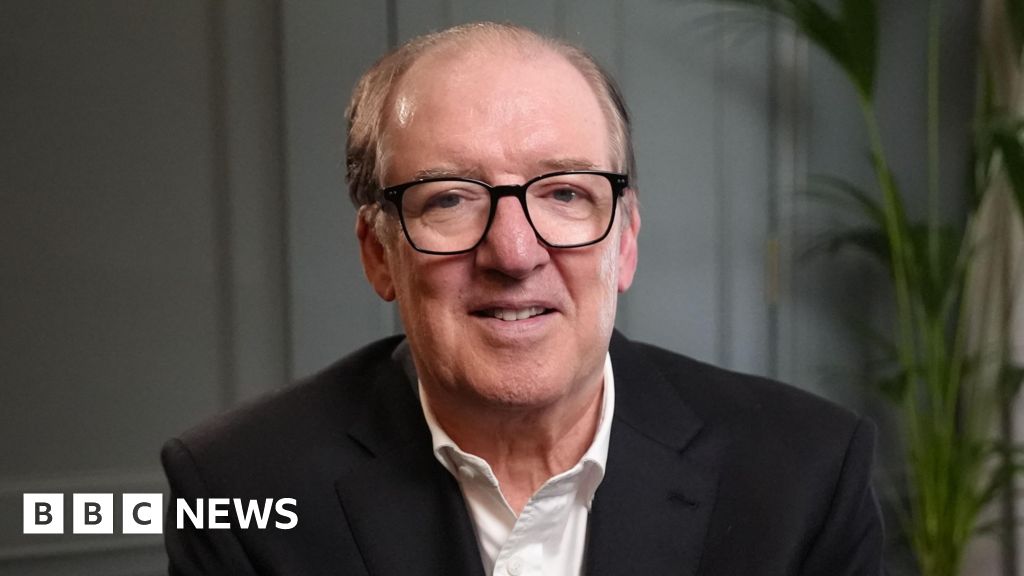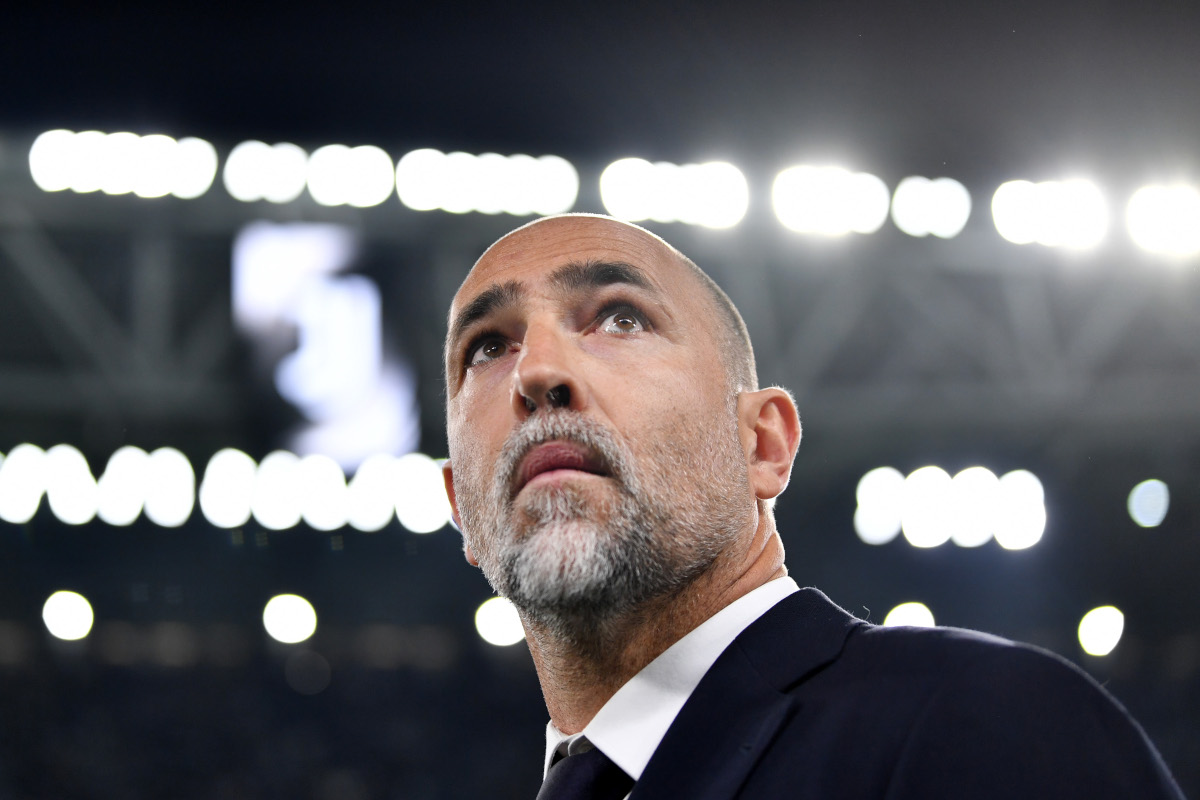Nine snares EPL rights, looks towards the AFL

Nine appears to be in pole position to sweep up just about every sporting broadcast there is, including both major football codes, for the first time in over two decades.With Nine reported to have snared the Australian broadcast rights to the English Premier League (EPL) in a $180 million-a-year deal, the broadcaster is clearly making moves.The deal would cut short the current rights arrangement — which is currently held by telco Optus through to 2028 — first signed in 2023. Optus will subsidise the deal to the tune of $40 million a year, despite losing the rights.It marks the first change of broadcaster for a major sporting code since Nine lost the cricket rights to Seven West Media in a $1.2 billion deal in 2018, and Seven lost the $300 million tennis rights to Nine in the same year, though media executives continue to speculate about Nine’s next move.Eyes have turned to the two major Australian sporting codes (AFL and NRL) and their broadcast future, where Nine also appears well-placed. The AFL’s current broadcast deal, while not set to expire until 2031, is shared between Seven and Foxtel.The current iteration of broadcast rights for the AFL was jacked up in price in 2022 by a late monster bid by Nine, worth a reported $500 million-a-year — approximately $140 million-per-year less than the eventual winning joint bid from Seven and Foxtel. The solo bid from Nine was a notable amount for a single broadcaster to offer. Sources with knowledge of the bid (who aren’t authorised to speak on the record) say that the pitch from Nine was made in an attempt to reap the benefits associated with one broadcaster having full control over the broadcast arrangements, as Nine currently does with rugby union.With the controversy and declining viewership (a reported estimated 400,000 people per week) associated with “Super Saturdays” from 2025, where Saturday AFL football for significant parts of the season is exclusive to Foxtel and behind a paywall, the AFL may be more willing to consider a renewed offer from Nine, particularly if it has the cash to step into a broadcast arrangement early and put Seven out of its financial misery, as it has with Optus and the EPL.Questions also remain about Foxtel’s willingness to be a partner on rights deals that have spiralled in cost. Since the negotiation of the current iteration of the AFL deal, announced in 2022, Foxtel, including its rights holdings and sports streaming service Kayo, has been sold by News Corp to British streaming giant DAZN, owned by Russian oligarch Len Blavatnik.Kayo and Foxtel have seen a number of redundancies following the takeover, and the company’s rights holdings have slowly diminished over the past five years, even as its retail price for Kayo — now its primary consumer product — has increased. Notably, Foxtel lost the rights to European sports broadcaster beIN Sports, which took with it a significant chunk of the tennis calendar outside the four majors, as well as a number of top European football leagues outside of England.Meanwhile, over at Seven, the company’s share price has continued the downward trend it has endured since 2022. On September 9, 2022, three days after the company announced the current $4.5 billion, seven-year deal (of which it contributes approximately $170 million per year), the share price sat at 50 cents. At the time of writing, it sits at 14 cents — 72% down. Per Seven’s most recent financial statements, the $170 million AFL deal represents over a quarter of the company’s entire operating expenses, while revenue has dropped 6.2% over the past financial year. More than one in every four dollars spent at Seven goes to the AFL rights deal, and given the state of the increasingly soft advertising market, it does not appear they will make that money back.The company’s most recently reported EBITDA (earnings before interest, taxes, depreciation, and amortisation) was $92.3 million, down 25.6% on the previous year, itself 39.4% down on the year before that. Seven West hasn’t improved its earnings position year on year since 2021, and if the ad market remains soft, it’s hard to see how they could begin to make a return on the football rights.Media journalist and Unmade founder Tim Burrowes told Crikey that Seven appears to be stuck.“For Seven, the only thing worse than winning [the football rights] is losing them,” Burrowes said.“The dynamic at Seven when the [AFL] deal came along was that they’d seen what happened when Network 10 gave up its AFL rights [in 2011] — the audience collapsed and never recovered.“If they lose the deal, they lose the audience, and that’s a much more immediate problem.”Burrowes said that investment appeared to be moving away from linear television.“I think that dollars have moved away from television to other parts of the media, certainly platforms, faster than we know that they expected. It’s certainly faster than when they signed. If you look at the most recent set of numbers, it still suggests that there’s quite a big shift away from the networks.”The potential acquisition of AFL rights would see Nine hold the rights to both major football codes, which hasn’t happened since 2006 and is something that executive sources speaking to Crikey said may be a challenge. In any case, it is understood that the AFL is very satisfied with its current broadcast partners.While Australian Rugby League Commission chair Peter V’Landys is described as “loyal” by his media executive peers, and is not expected to oversee the departure of rugby league rights from the only free-to-air broadcaster the sport has had since the Super League wars, he is unlikely to react favourably to the idea of AFL potentially taking prime-time space in Sydney and Brisbane, rugby league heartland where the AFL’s Swans and Lions (and, to a lesser extent, expansion sides Greater Western Sydney and Gold Coast) have been successful on-field and have strong followings.The NRL’s current broadcast deal, shared between Foxtel and Nine, expires in 2027 and is understood to be up for re-negotiation in the coming months, with the anticipated addition of two new teams during the term of the broadcast deal (a franchise based in Perth in 2027, followed by a Papua New Guinea team in 2028). Nine is understood to be keen to retain its flagship sports property, with rugby league on Nine occupying four of the top six highest-rating commercial programs of 2024 per OzTAM data.Outside of the major domestic football codes, Nine CEO Matt Stanton has confirmed the company’s interest in the broadcast rights to Formula One (currently held by Foxtel), and retaining the rights to the 2026 Winter Olympic and Paralympic Games in Milan, as part of a package of Olympic rights held through to Brisbane 2032, which cost the broadcaster $305 million in 2023.As Burrowes termed it, Nine appears to be well on its way to becoming the “insomnia broadcaster”, with a full gamut of live sports rights for all hours of the night.Nine declined to comment when contacted by Crikey.







